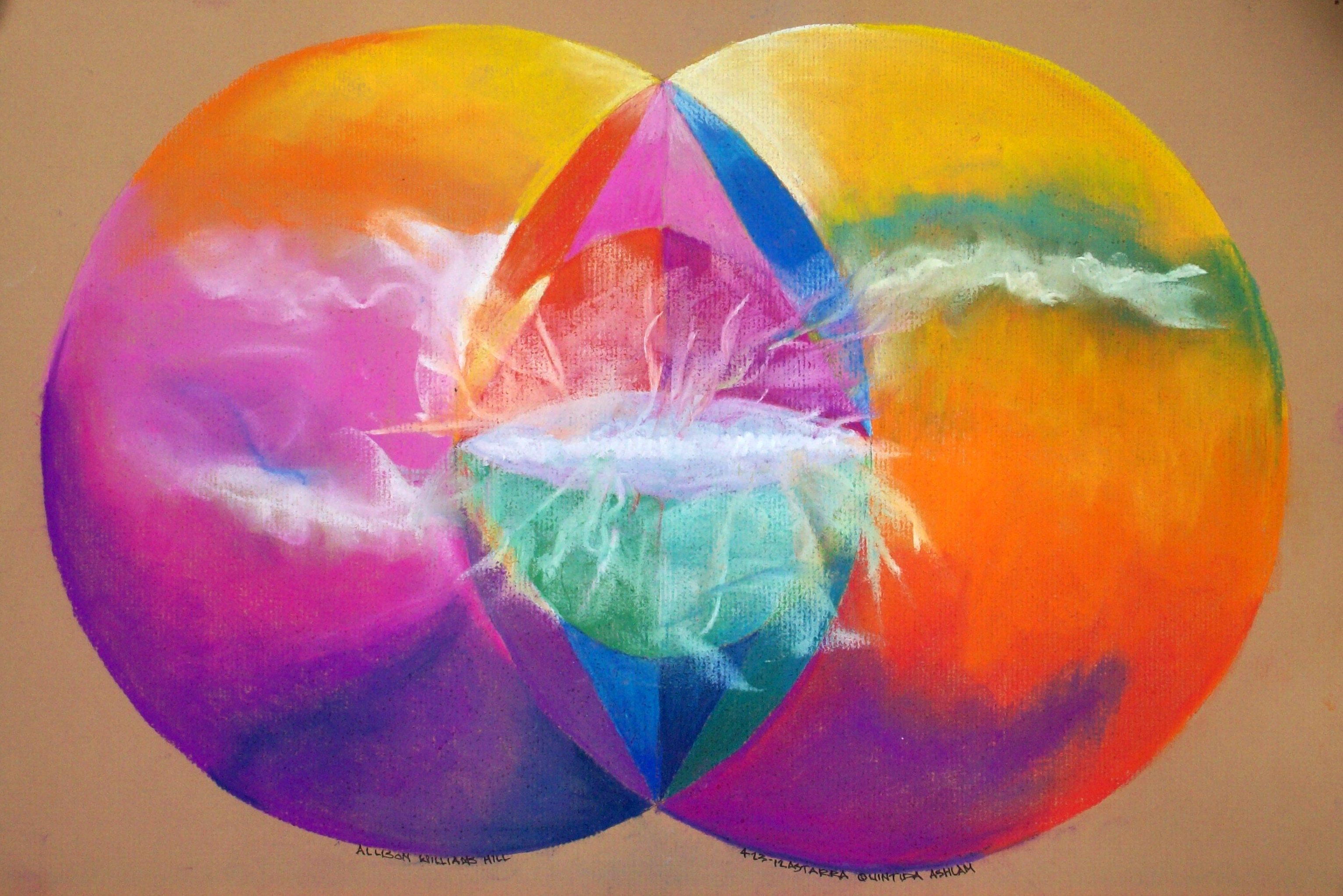Asparagus

sparagus has miraculous cancer-fighting properties" claim on Stalk Talk.
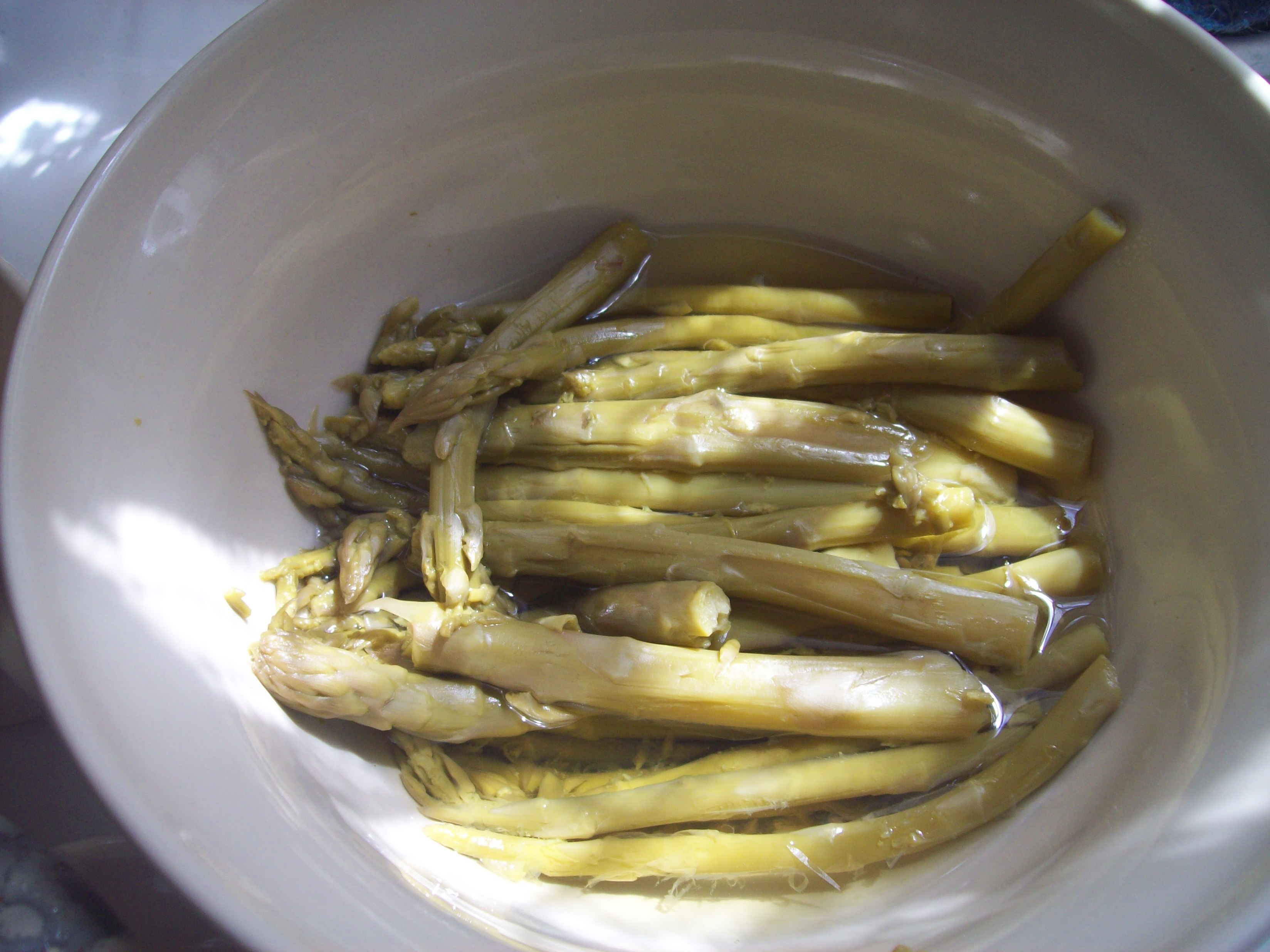
There
is a web site that begins with: "Several years ago, I had a man seeking
asparagus for a friend who had cancer. He gave me a photocopied copy of an article, entitled, 'Asparagus for Cancer' printed in Cancer News Journal, December 1979."
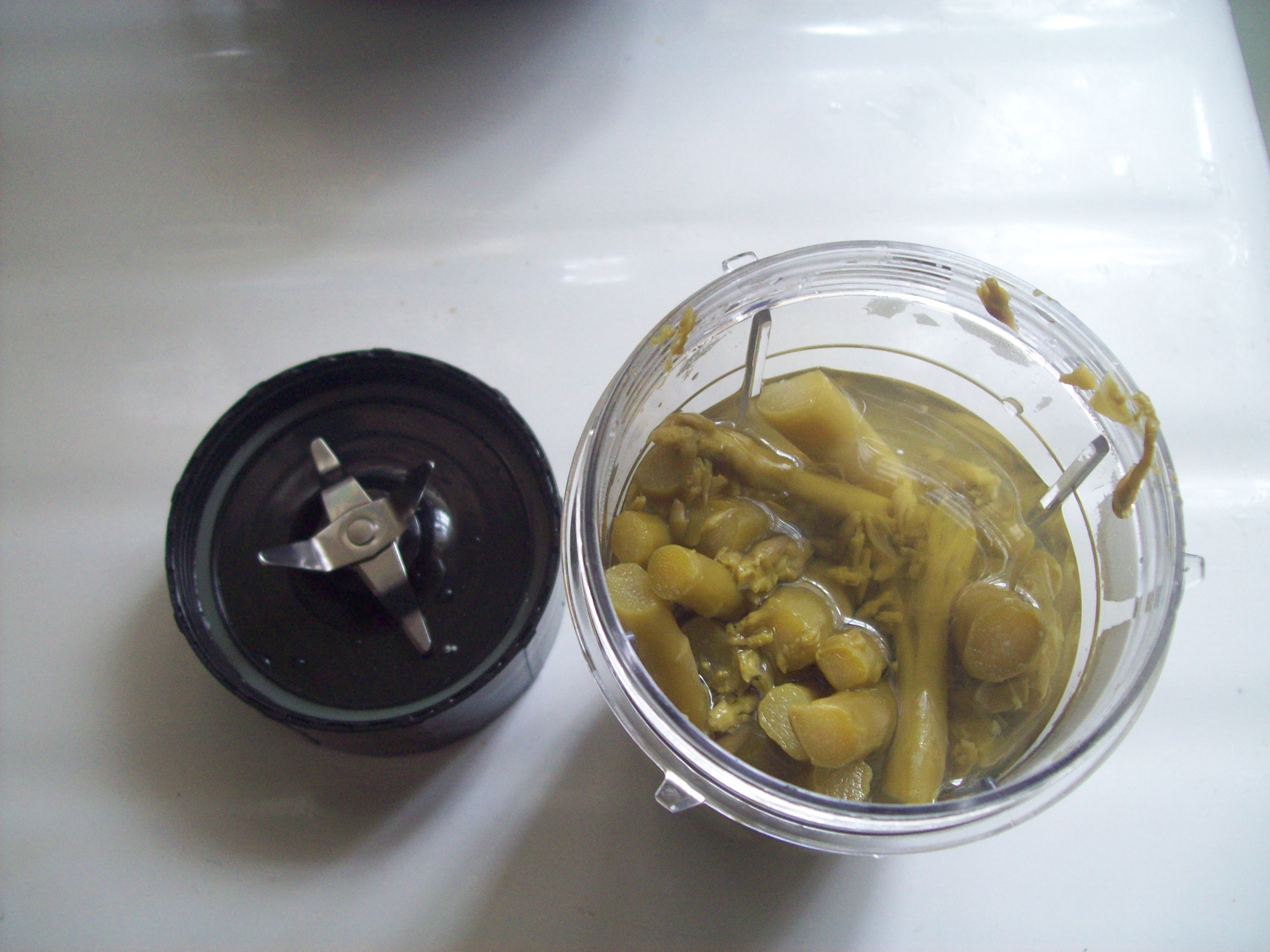
Another comment refuting the many cancer curing claims listed in the internet piece started above:
"Origins: This item has been bruited about the Internet since October 2006, and there is even a Spanish translation of it in circulation. While it claims to draw its information from a piece titled "Asparagus for Cancer" printed in Cancer News Journal in December 1979, we've as yet been unable to locate a copy of that article or find information about either the e-mail's unnamed biochemist narrator or the article's purported authority, Richard R. Vensal, D.D.S. (It isn't clear what the "D.D.S." stands for — that abbreviation is typically the short form for Doctor of Dental Surgery or Doctor of Dental Science, degrees one would not think would position their holders to perform groundbreaking work in the field of oncology.) It should go without saying that until far more is known about the 1979 "Asparagus for Cancer" article, that its purported miraculous tales of serious bouts of cancer overcome by asparagus therapy cannot be confirmed and thus should not be regarded as anything other than lore."
Using Asparagus
My husband did not have cancer. However, I prepared this according to the instructions. He ate it with no reservations.
1) Place the cooked asparagus in a blender and liquefy to make a puree, and store in the refrigerator.
2) Give the patient 4 full tablespoons twice daily, morning and evening.
Asparagus and Antioxidants
More quotes from the same source:
"However, that article's provenance aside, asparagus might indeed have certain anti-cancer properties. In addition to this vegetable's many other nutritional benefits (only 25 calories per stalk, high in folic acid, plus a good source of vitamins A, B6 and C, calcium, iron, thiamin, potassium and fiber), it is high in the micronutrient glutathione, an antioxidant. Glutathione is said to defend the body against viruses, certain types of cancer, and boosts immune cells.
"Antioxidants have long been touted as one of the keys to preventing cancer. However, the National Cancer Institute (NCI) says of that conviction:
Considerable laboratory evidence from chemical, cell culture, and animal studies indicates that antioxidants may slow or possibly prevent the development of cancer. However, information from recent clinical trials is less clear. In recent years, large-scale, randomized clinical trials reached inconsistent conclusions. In other words, antioxidants may or may not be the potent cancer-fighters they're widely believed to be — the medical jury is still out on that subject.
"As for the notion that asparagus (or any other food) can actually help cure cancer, however, the Johns Hopkins Kimmel Cancer Center noted: According to our experts, a poor diet and obesity associated with a poor diet is a risk factor for the development of cancer. However, there is no evidence that certain foods alter the environment of an existing cancer, at the cellular level, and cause it to either die or grow."
Read more about this at Snopes.
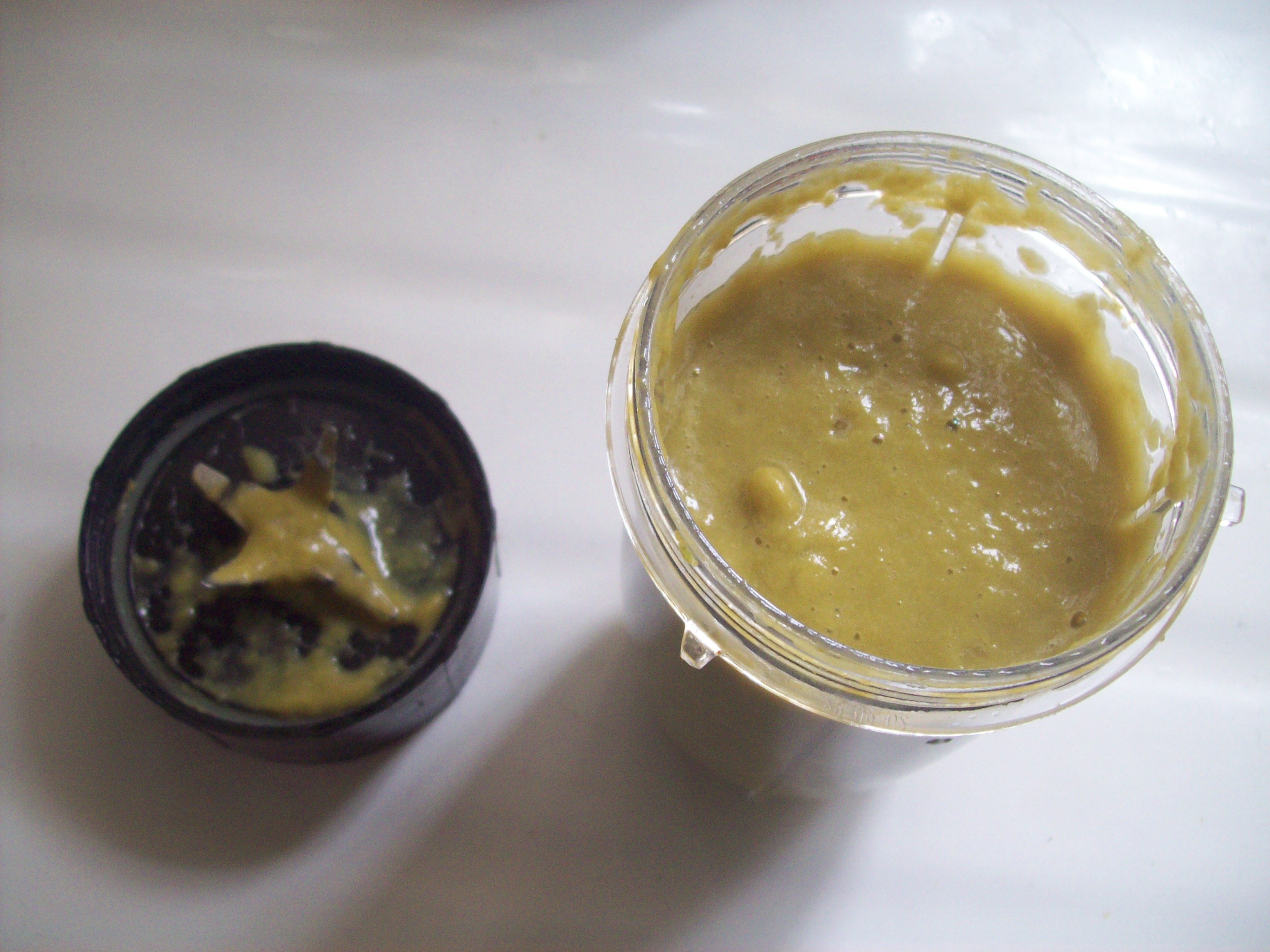
Asparagus and Histones
There was/is a claim that asparagus contains histones. What are they? "Histones are proteins that aid in the organization of DNA into chromosomes. There are four types of histones found in chromatin: H2A, H2B, H3, and H4. Two of each histone comprise a protein core, a nucleosome, which DNA wraps around twice. What results is a "bead on a string" model in which the nucleosomes are the beads and the linker DNA binds them together. Another characteristic of histones are the protein tails that extend outward from the "bead." The tails and the degree of their acetylation is an important factor in gene expression."
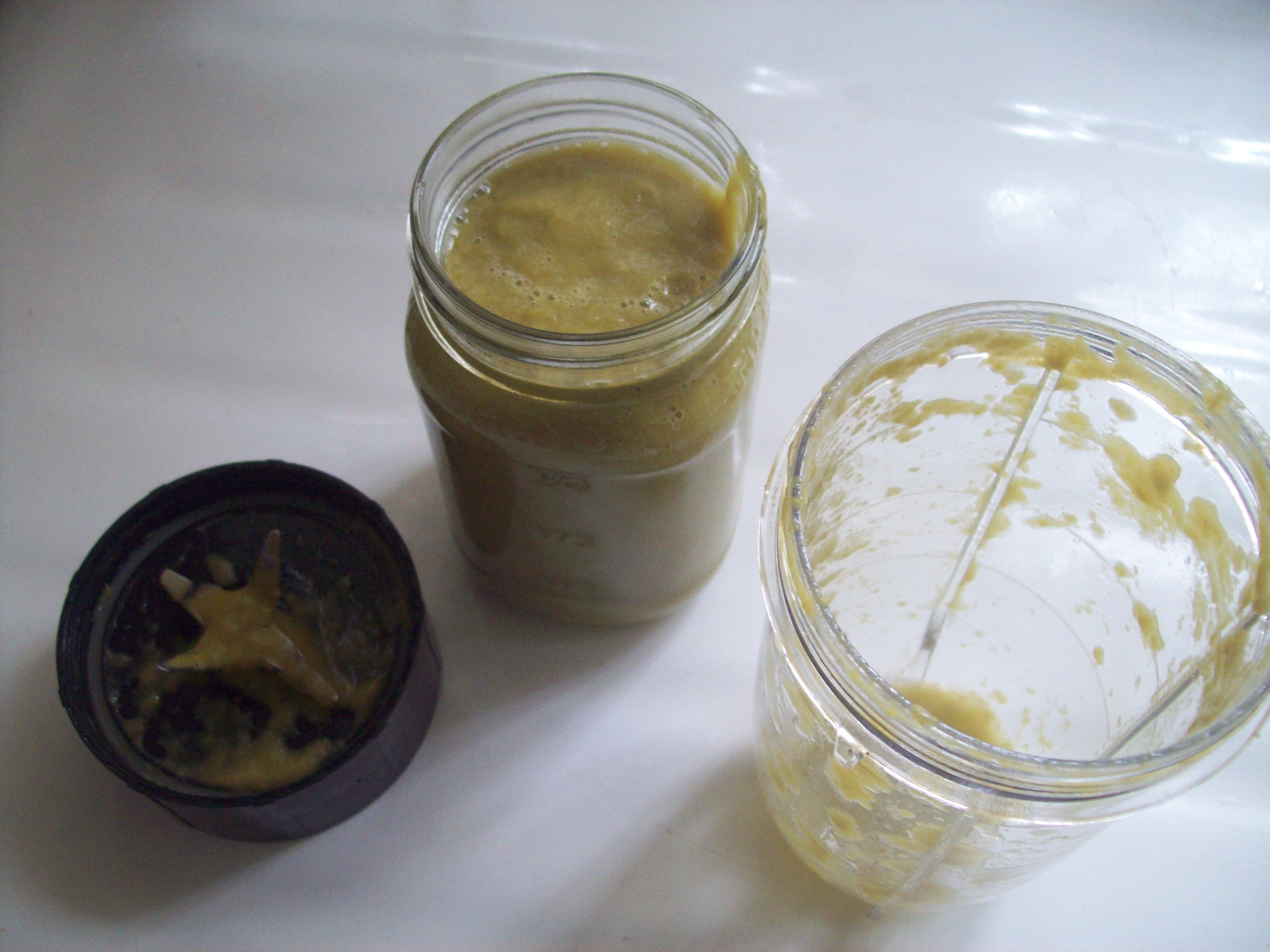
Asparagus Thoughts
We enter the realm of Quantum Physics. The viewer of the experiment changes the outcome of said experiment, perhaps? Many qualified experiments of foods have proven their effectiveness on the human body and dis-ease. It is processing that renders them ineffective. Cooking, other forms of preparation like radiating almonds to destroy leatrille.
The pharmaceutical industry will continue to suppress such information. Said industry will emphasize "fast relief" and sufferers will take the remedy to stop pain and discomfort.
As a health coach, I would be remiss if I did not state it also involves what you think, what kind of thoughts you think. I sometimes consumed the asparagus and my asparagus thoughts were "...correct as much as you can correct for myself and my husband."
I learnedof about the Setter when we were in the British Virgin Islands. There was only one doctor, if any, and he lived in what is now Road Town. There were only donkey trails over the hills. No many people could afford one. The quickest way around, depending on the weather, was by boat. When weather was a problem (Caribbean, hurricanes, tropical storms, etc.) or no transportation was available, villages developed Setters, people versed in remedies. Bush medicine or herb lore was one of the tools. The unique thing about the Setter was that when a remedy was administered to the ill, everybody in the household took it also. A trust was activated through mind and heart with prayer to support the ill in their time of need.
The process becomes a ritual. Who is to say it does not work if it does for you. The thought with the actions may enable healing.
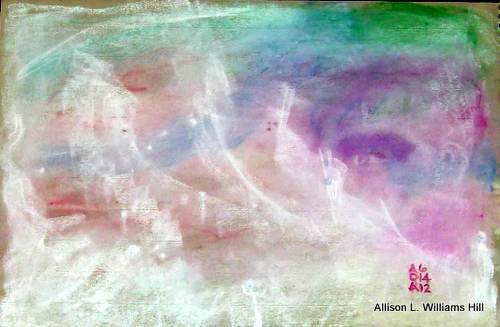
Links
